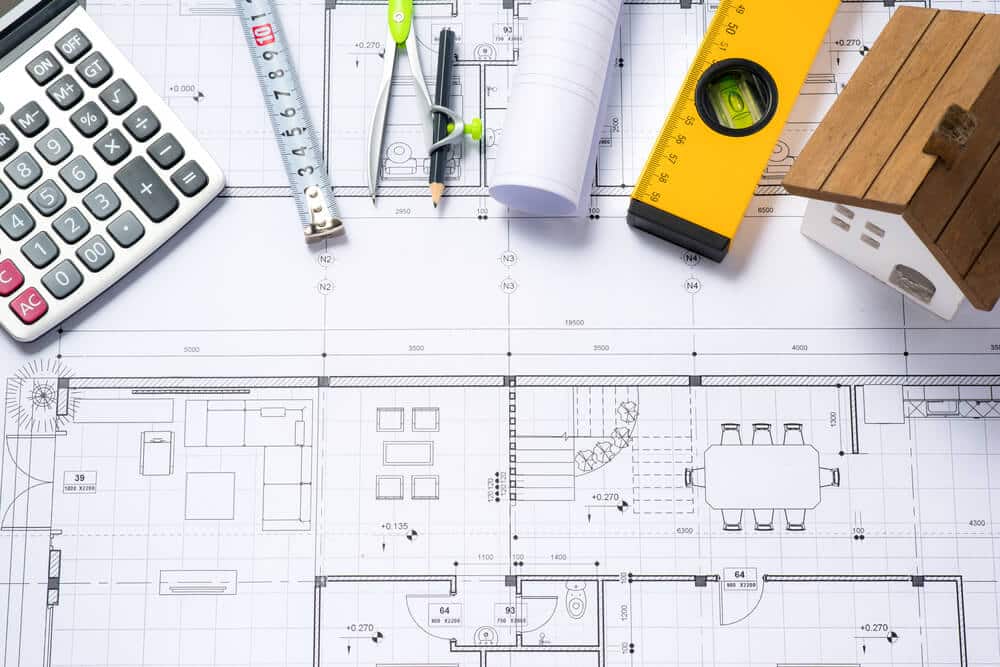There is a rapid growth of e-commerce and logistical needs. So businesses often find themselves at a crossroads when it comes to their storage and operational space.
Should they lease or buy a warehouse?
This question is not merely about real estate. It’s about making the best choice for your financial health and operational efficiency.
Understanding the advantages of both options can clarify the decision-making process. Let’s delve into the details of warehouse leasing vs buying to help you make an informed decision.
Understanding Warehouse Leasing
Warehouse leasing involves renting a space for a predetermined period, often with the option to renew the lease. One of the advantages of leasing is the financial flexibility it provides.
In many cases, businesses can occupy a space with little to no down payment. This frees up capital for other essential activities. You can spend money on inventory purchase and marketing.
Another advantage of leasing is that it includes maintenance in the lease agreement. This arrangement minimizes the burden of property management on your team.
From repairs to general upkeep, these responsibilities often fall on the landlord. This allows you to focus on your core business operations instead of worrying about the facilities.
The Financial Implications of Leasing
Choosing to lease can impact your overall business costs. For example, rental payments are classified as an operational expense. This can often be deducted from your taxable income.
Moreover, since these payments are predictable, budgeting becomes easier. Leasing provides transparency in costs. It reduces uncertainty.
The flexibility of leasing allows businesses to adapt quickly to changing market conditions. This is a huge advantage in today’s fast-paced economy.
For instance, your business may expand and require more space. Acquiring larger commercial warehouses for lease can often be quicker. It is less of a hassle than selling an owned property.
Challenges of Warehouse Leasing
While leasing has its perks, there are challenges to consider.
For instance, your business does not build equity in leased spaces. Over time, your rental payments may accumulate without providing an asset in return.
This is a crucial factor to weigh, especially if you anticipate long-term space needs. Essentially, leasing may be more suitable for short- to medium-term operational strategies.
Another downside is the potential for rent increases and terms dictated by the landlord. If the property is in a sought-after area, lease terms may become stricter, with higher costs as demand rises.
Therefore, it’s essential to negotiate favorable lease terms. You need to engage in discussions about potential rent increases as part of your lease agreement.
The Case for Buying a Warehouse
Owning a warehouse provides businesses with a sense of control and autonomy that leasing cannot match. When you buy a property, you have the freedom to modify, expand, or renovate. You won’t have the constraints imposed by a landlord. This is particularly valuable for businesses needing specialized space tailored to their operations.
Purchasing real estate is often considered a sound investment in the long run. While appreciation rates can vary, owning a warehouse can serve as a hedge against inflation. It provides passive income opportunities through leasing out extra space.
Real Estate Options in Purchasing
Those considering buying should also look into financing options. With various loan structures available, many businesses can secure favorable terms. They can ease the burden of a large upfront investment.
Many local, state, and federal programs offer incentives for businesses that seek to purchase space. Researching various options could offset some of these costs or provide additional revenue streams.
Downsides of Buying
However, there are downsides to consider when buying a warehouse. The initial capital outlay can be substantial, requiring careful financial planning.
Businesses must also factor in ongoing costs. This includes maintenance, property taxes, and insurance, which can add up over time.
Additionally, owning a property ties up capital. This capital could otherwise be used for other investments or operational needs.
Another concern is market volatility. Real estate values can fluctuate. This can lead to a loss if the property must be sold during a downturn.
The responsibilities that come with ownership can be burdensome for some businesses. It may be difficult to do for smaller ones without dedicated resources.
Assessing Your Business Needs
The decision between leasing and buying comes down to individual business circumstances. To make the best choice, businesses should consider different factors:
Current Size
The current size of the business is a crucial consideration. Smaller businesses or startups may find leasing more manageable. They require less upfront capital and offers flexibility to adjust space as needed.
Conversely, larger businesses with established operations may benefit from purchasing a warehouse. It allows for greater control over their space. It also has the potential for long-term investment.
Expansion Plans
Future expansion plans influence the decision to lease or buy. Businesses anticipating rapid growth may prefer leasing. This will help them avoid the risks and responsibilities associated with ownership.
Leasing allows them to secure more space without committing to a long-term investment. This enables them to adapt quickly to changing market demands.
Businesses with a clear, strategic vision for growth may find buying a warehouse better. Ownership can provide the necessary space for expansion. It gives them the ability to customize facilities.
Capital Availability
Capital availability plays a pivotal role in the decision-making process. Purchasing a warehouse often requires a big upfront investment. This can strain cash flow, especially for smaller or newer businesses.
Companies with capital may find it better to invest in real estate. However, those with limited capital may lean towards leasing. This requires lower initial costs and allows for more liquidity.
Market Trends Influencing Decisions
Market trends can also play a significant role in the decision-making process. The increasing demand for logistics and distribution centers has driven up prices.
Trends show a shift towards more localized operations. This often leads businesses to rent specialized spaces for immediate needs.
Warehouse Leasing vs Buying: Which Is Right for You?
No matter what path you choose, awareness of the pros and cons of warehouse leasing and buying is essential for making informed choices. With the right approach, you can tailor your real estate strategy to fit your business goals. Whether you decide to lease or buy, your decision should reflect both your immediate needs and future aspirations.
Engage with industry experts, conduct thorough research, and consider your financial landscape to navigate this decision wisely. The right choice can propel your business forward, creating opportunities for growth and stability for years to come.
Did you find this article helpful? If so, check out the rest of our site for more.




